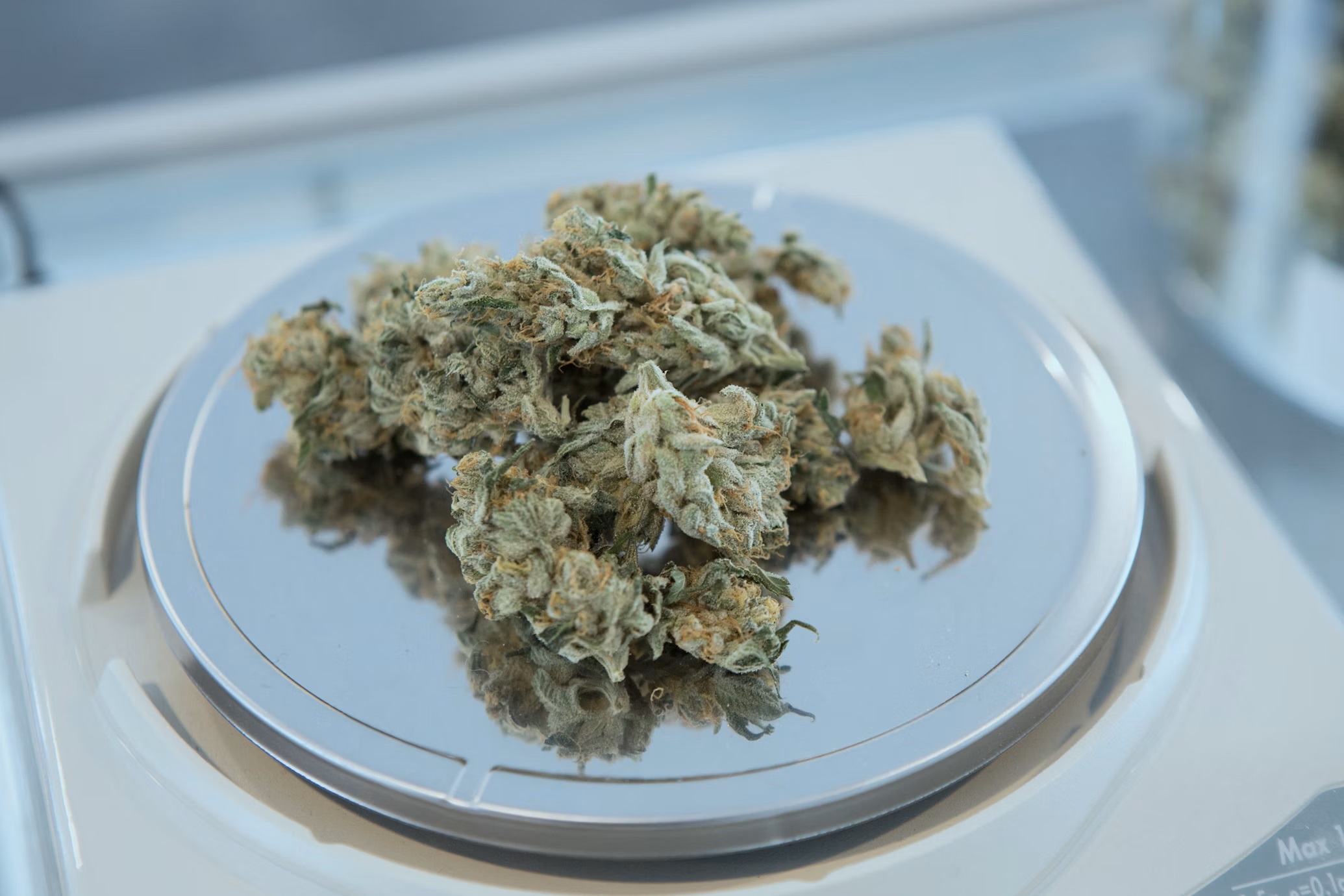In recent years, the popularity of vaping has surged, not only with traditional nicotine products but also with cannabis. As the cannabis landscape evolves, so does the method of consumption. Vaping cannabis has gained traction as a seemingly modern and convenient alternative to traditional smoking. However, the debate on whether it is a healthier option or introduces a new set of risks remains a topic of concern.
The Appeal of Vaping Cannabis:
Vaping cannabis involves inhaling vaporized cannabinoids, such as THC (tetrahydrocannabinol) and CBD (cannabidiol), without the combustion of plant material. This method is often perceived as a more discreet, efficient, and user-friendly way to consume cannabis. Advocates argue that by avoiding the harmful byproducts of combustion, vaping reduces exposure to toxins and carcinogens found in smoke.
Health Benefits of Vaping:
- Reduced Respiratory Irritation: One of the main advantages touted by proponents of vaping is the reduction in respiratory irritation. Traditional smoking involves inhaling combusted plant material, leading to the production of harmful byproducts. Vaping eliminates this process, potentially reducing the risk of respiratory issues associated with smoking.
- Controlled Dosage: Vaping devices allow users to have more control over the dosage of cannabinoids they consume. This precision can be especially beneficial for medical cannabis users who require specific doses for symptom management without the potential variability seen in smoking.
- Flavor and Aroma: Vaping often preserves the natural flavors and aromas of cannabis, providing a more enjoyable experience for users. This is in stark contrast to smoking, which can sometimes result in a burnt taste.
Potential Risks of Vaping Cannabis:
- Unknown Long-Term Effects: The relative novelty of vaping, both for nicotine and cannabis, means that the long-term health effects are not fully understood. Research on the potential risks associated with inhaling vaporized cannabis is still in its early stages, leaving a significant knowledge gap.
- Quality and Safety of Vaping Products: The cannabis market, especially in regions where it has been legalized, is flooded with a variety of vaping products. Concerns arise regarding the quality and safety of these products, including the possibility of harmful additives or contaminants.
- Youth Appeal and Addiction: The portability and discreet nature of vaping devices, coupled with appealing flavors, have raised concerns about their attractiveness to young people. There is a worry that vaping may serve as a gateway to cannabis use or even addiction, particularly with high-THC products.
- Potential Lung Issues: While vaping is generally considered less harmful than smoking, there have been reports of severe lung injuries associated with vaping, often linked to the use of unregulated or illicit products. The exact causes of these incidents are not fully understood, but they highlight potential risks that warrant further investigation.
Conclusion:
The debate over whether vaping cannabis is a healthier alternative or introduces a new set of risks is nuanced and requires ongoing research. While vaping appears to offer certain advantages, such as reduced respiratory irritation and controlled dosages, the lack of long-term studies and concerns about product quality and safety should not be overlooked.
As cannabis continues to gain acceptance and legalization, it is crucial to strike a balance between the potential benefits of vaping and the need for rigorous regulation and research. Users, both recreational and medicinal, should approach vaping with caution, staying informed about the evolving landscape and advocating for responsible consumption practices. As we navigate the complex terrain of cannabis use, the goal should be to maximize the potential benefits while minimizing any associated risks.




